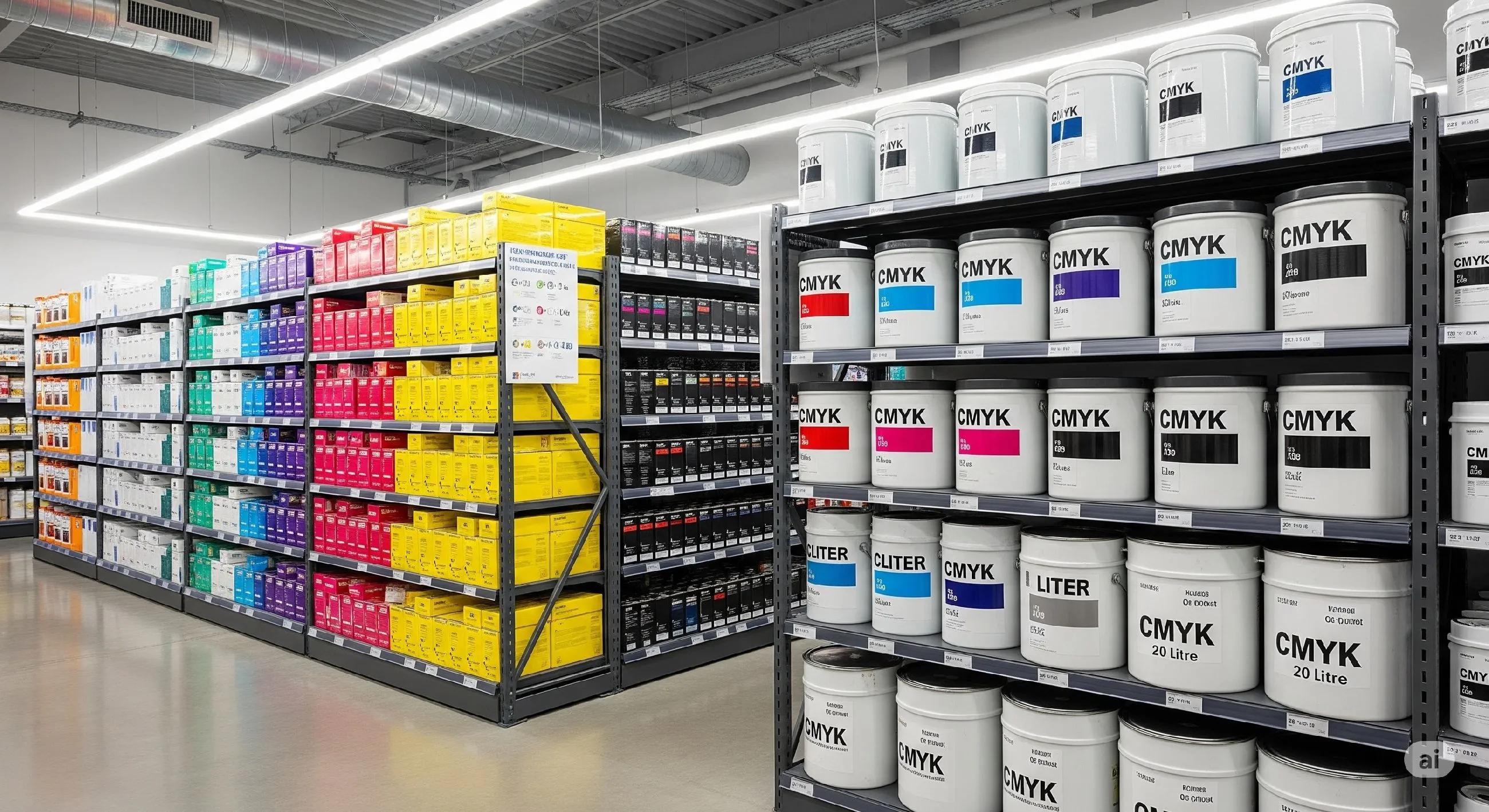

In today’s fast-evolving digital economy, businesses require ERP platforms that go beyond generic functionality—solutions that are purpose-built for the dynamic needs of e-commerce and direct-to-consumer (D2C) operations.
Digitalyoke.com emerges as a cloud-native ERP application engineered to unify, automate, and scale storefronts across manufacturing, textile, signage, wholesale, and retail verticals.
Designed with a sharp focus on print and media-centric businesses, Digitalyoke offers a fully integrated workflow ecosystem—connecting backend operations with customer-facing storefronts in real time. From inventory and order orchestration to web-to-print automation, SEO-ready product catalogs, and multi-channel fulfillment, the platform delivers enterprise-grade control with consumer-grade agility.
This analysis explores Digitalyoke’s core architecture and strategic differentiators, including:
E-commerce and D2C storefront integration
Vertical-specific modules for manufacturing, textile, and signage
Smart inventory and order management
Marketing automation and SEO optimization
Pricing intelligence, user roles, and data security
Industry adaptability and customer success insights
Whether you're a scaling D2C brand or a multi-vertical manufacturer seeking operational clarity, Digitalyoke positions itself as a future-ready ERP layer—bridging complexity with simplicity, and legacy systems with modern commerce.



Streamlined Production for Any Business Size. Digitalyoke offers a cloud-based workflow system covering pre-production to delivery. Ideal for media-rich industries, it ensures real-time tracking and smooth operations across all stages.
Custom Roles for Any Team Size. Supports multiple logins with role-based access. Manage teams efficiently, whether you're a startup or a large enterprise.
Unified Dashboard for Sales & Stock. Track items, manage orders, and control inventory—all from one interface. Designed to speed up your first sale and scale operations.



Having more time available will allow you to focus on your core areas and develop unique capabilities.
Unlike traditional businesses, eCommerce requires minimal investment—just a storefront and products that sell.
With no manufacturing or printing costs, you invest less and gain the freedom to experiment.

